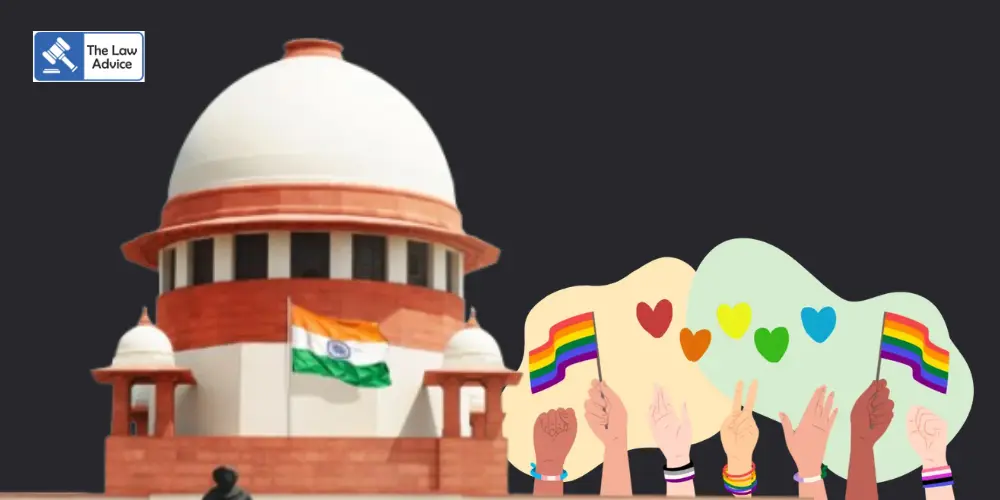
In a landmark ruling strengthening the rights of transgender persons, the Supreme Court on Thursday awarded compensation to a transwoman teacher, Jane Kaushik, whose employment was terminated by two private schools—one in Uttar Pradesh and another in Gujarat—on account of her gender identity.
A Bench comprising Justice J.B. Pardiwala and Justice R. Mahadevan delivered the judgment in W.P.(C) No. 1405/2023 (Jane Kaushik v. Union of India & Ors.), observing that the petitioner was wrongfully dismissed due to bias against her transgender status.
Justice Pardiwala, pronouncing the verdict, stated that the Court has not only granted compensation for the unjust termination but also issued interim guidelines to ensure equality and protection of transgender persons at workplaces until the government formulates a comprehensive national policy.
“We have framed guidelines to be followed by establishments till the Union Government comes up with a policy document. If an institution lacks its own policy, these guidelines shall be binding,” Justice Pardiwala clarified.
“We have taken serious cognisance of the manner in which the petitioner was treated and her services were terminated,” he added.
The Court also constituted a Committee headed by Justice Asha Menon (Retd.), former Judge of the Delhi High Court, to draft an Equal Opportunity Policy for Transgender Persons and to monitor its effective implementation.
The Committee will comprise:
• Akai Padmashali, Trans rights activist (Karnataka)
• Grace Banu, Dalit and trans rights activist
• Vyjayanthi Vasanta Mogli, Trans activist (Telangana)
• Gaurav Mandal, Associate Professor, Jindal Global University
• Nithya Rajshekhar, Senior Associate, Centre for Law & Policy, Bengaluru
• Dr. Sanjay Sharma, former CEO, Association for Transgender Health in India
Secretaries of the Ministry of Social Justice and Empowerment, Women and Child Development, Health and Family Welfare, and Education.
The Court detailed the scope of the Committee’s work as follows:
1. Formulate an Equal Opportunity Policy for transgender persons.
2. Examine the Transgender Persons (Protection of Rights) Act, 2019 and the 2020 Rules.
3. Recommend measures for reasonable accommodation in workplaces and institutions.
4. Create a grievance redressal mechanism.
5. Facilitate name and gender change processes.
6. Ensure inclusive medical care for transgender and gender-diverse individuals.
7. Strengthen protections for gender non-conforming persons.
Justice Pardiwala expressed hope that the guidelines and Committee’s work “will go a long way in securing the dignity and rights of transgender persons across the country.”
The Court’s ruling builds upon its historic judgment in National Legal Services Authority (NALSA) v. Union of India (2014), where Justices K.S. Radhakrishnan and A.K. Sikri first legally recognized the transgender community as the ‘third gender.’ The NALSA decision affirmed that denying recognition to transgender persons violates their fundamental rights to equality, dignity, and freedom under the Constitution.
Following NALSA, Parliament enacted the Transgender Persons (Protection of Rights) Act, 2019, aiming to safeguard transgender persons from discrimination in education, employment, and healthcare.
The full text of the Jane Kaushik judgment will be available once uploaded on the Supreme Court’s website.
Case Title: Jane Kaushik v. Union of India & Ors.
W.P.(C) No. 1405/2023
Website designed, developed and maintained by webexy